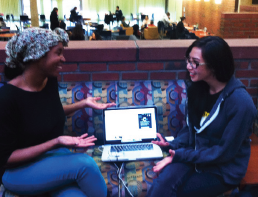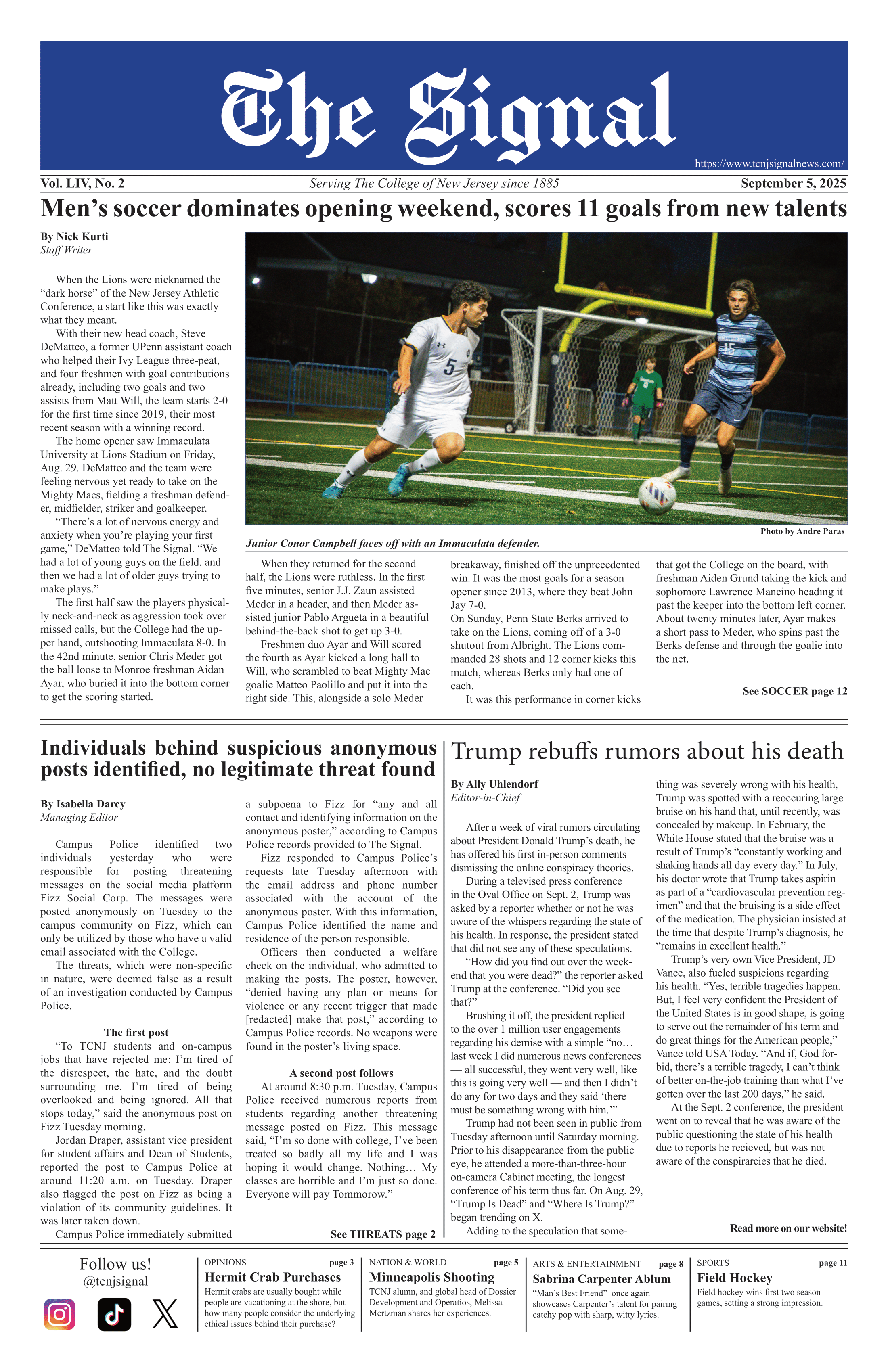Stop! Don’t delete that email just yet; it’s not spam. It is actually an easy opportunity to win $1,000 by simply viewing the contents of Student Health 101 and answering a few questions.

Despite the common misconception that the infamous Student Health 101 emails are just extra guests for your trash can, they actually “serve as a guide to help you if you’re going through something and don’t know where to go for help,” said Karachi Ukaegbu, senior communication studies major and a campus correspondent for Student Health 101.
Several students associate “student health” with alcohol and drug abuse as well medical issues. However, that is not all of the content covered by the online magazine and video interviews of students at the College, explained Joe Hadge, the Alcohol and Drug Education Program (ADEP) Coordinator.
“It’s easy for students to say, ‘I got drunk,’ because unfortunately that’s a normal conversation topic at colleges,” Hadge said. “However, the ultimate goal is to encourage students to speak more often about other normal problems that several students suffer from in silence.”
Failed relationships, stress, test-taking skills, healthy cooking tips and roommate troubles are all among the common issues that affect students at the College every day. But it can be difficult to find solutions to these everyday struggles.
Look no further, though, than that email in your trash folder for the link to the monthly Student Health 101 magazine, which addresses all of these common issues and more.
“There’s a big misconception that it is just about health,” said Edith Claudio, junior marketing major and campus correspondent for Student Health 101. “It also provides healthy lifestyle choices and stories of what others are doing in different situations, which will help the students gain better decision-making skills.”
Ukaegbu and Claudio can often be found around campus interviewing students for the website. Ukaegbu explained that the questions asked on the video interviews are a valuable asset for students, as they are “tailored in a way that there’s a lesson to be learned from answers.”
“It’s a low-cost, high-reach resource,” Hadge said, contrasting it to expensive speakers that come to the College for about an hour. “This magazine is there 24/7 and changing, and the videos have some of our students in it.”
“We want to create a culture and legacy behind Student Health 101 in order to increase readership and reach the students,” Ukaegbu said. “We want to create a movement where we are all unified.”
Read Student Health 101 today: readsh101.com/tcnj.html. For more exclusive articles, videos and news, like TCNJ Student Health 101 on Facebook and follow them on Twitter @SH101atTCNJ.






